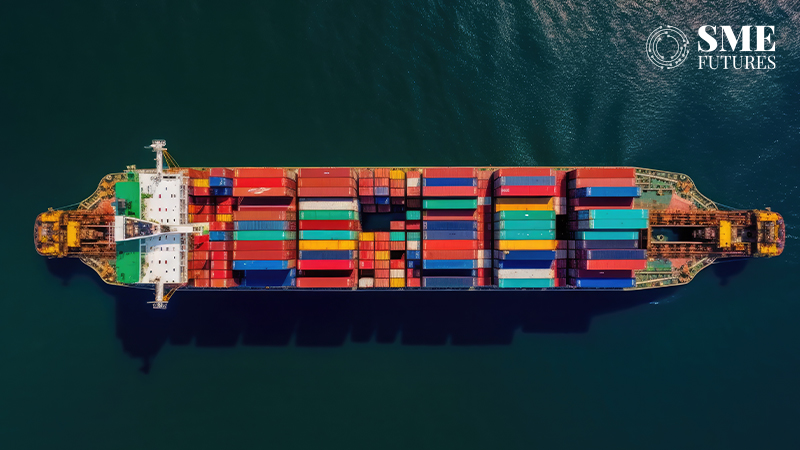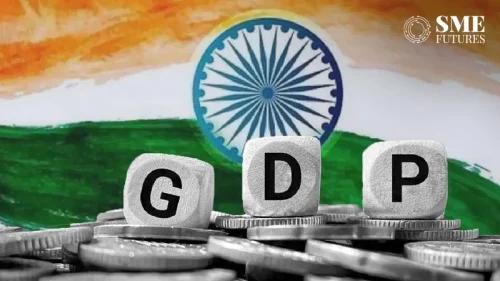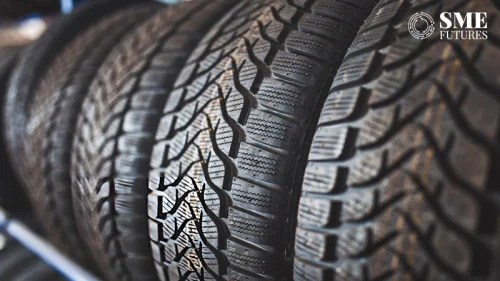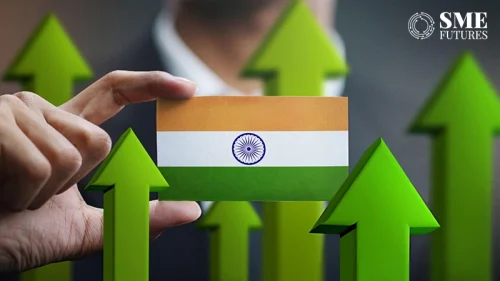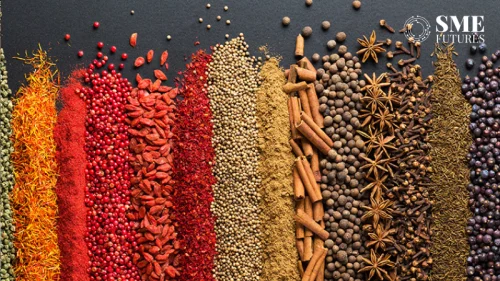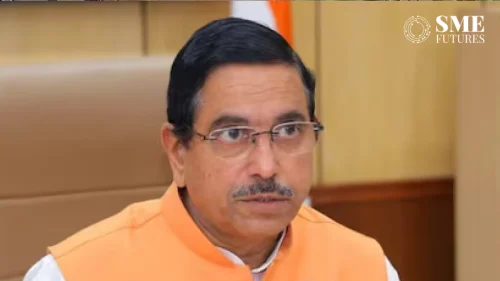Domestic exporters on Thursday suggested the commerce ministry set up a separate and dedicated division to deal with non-trade barriers being raised by different countries as they impact the country’s outbound shipments.
They also asked for an extension of the interest equalisation scheme, and increased rates under this scheme.
These issues, among others, were raised during a meeting between the commerce ministry, industry, and exporters. Piyush Goyal, Minister of Commerce and Industry, presided over it.
“We raised the issue of increasing non-trade barriers. The department of commerce should have a separate division for that so that we can have a focused approach to dealing with them,” Federation of Indian Export Organisations (FIEO) Director General Ajay Sahai, who participated in the deliberations, said.
Another exporter said that container availability in the hinterlands was flagged by them, besides the issue of some shipping lines bypassing India.
They said that other issues that figured in the meeting included matters related to standards, quick turnaround times at ports, and free trade agreements (FTAs) to get more market access for domestic players.
Representatives of industry chambers including PHDCCI, CII, and Ficci participated in the meeting, along with officials of different export promotion councils including leather, engineering, electronics, gems and jewellery, and FIEO.
The directorate general of foreign trade (DGFT) and Invest India also gave presentations on Indian exports and imports.
Trade deficit and exports
India’s merchandise exports rose by 9.1 per cent to USD 38.13 billion in May, even as the trade deficit widened to a seven-month high of USD 23.78 billion during the month, according to the latest government data.
Healthy growth in various sectors, such as engineering, electronics, pharmaceuticals, textiles, and plastics, helped register growth in exports despite global economic uncertainties.
FIEO president Ashwani Kumar has suggested an extension of the Interest Equalization Scheme for the next five years. The scheme will end on June 30.
Economic think tank GTRI, in its report, stated that India needs to act in a fast-track manner for the removal of non-trade barriers (NTBs), being faced by domestic exporters in different countries like the US, China, and Japan, to achieve the one trillion dollar outbound shipment target for goods by 2030.
Non-tariff measures
Most non-tariff measures (NTMs) are domestic rules created by countries with the aim of protecting human, animal, or plant health and the environment. NTM may be technical measures like regulations, standards, testing, certification, pre-shipment inspection, or non-technical measures like quotas, import licensing, subsidies, or government procurement restrictions.
Key Indian exports
Key Indian exports that routinely face high barriers include chillies, tea, basmati rice, milk, poultry, bovine meat, fish, and chemical products to the EU; sesame seed, black tiger shrimps, medicines, and apparel to Japan; food, meat, fish, dairy, and industrial products to China; shrimps to the US; and bovine meat to South Korea.
According to a GTRI report, other products that face these barriers include ceramic tiles in Egypt; chili in Mexico; medicines in Argentina; microbiological reagents in Saudi Arabia; electrical, medical devices and household appliances in Brazil; veterinary pharmaceuticals, feed additives, and machinery in Russia.

